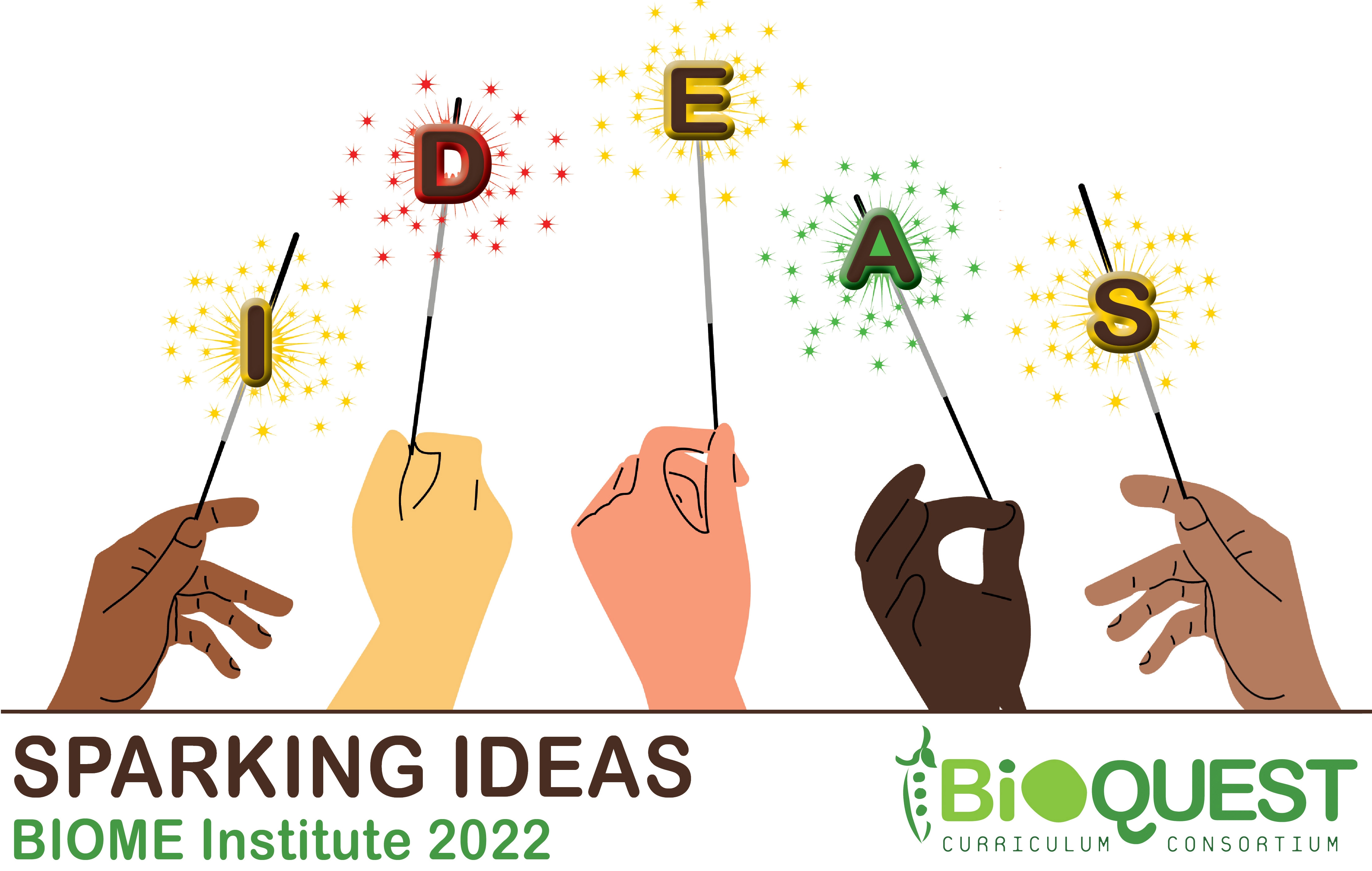Collaborative case writing and field testing with Molecular CaseNet brings together discipline specific expertise for innovative pedagogical tools in the classroom
Author(s): Swati Agrawal1, Didem Vardar-Ulu2, Serena Yu3, Shuchismita Dutta4
1. University of Mary Washington 2. Boston University, Chemistry Department 3. Boston University 4. RCSB Protein Data Bank, Rutgers University
1048 total view(s), 172 download(s)
BIOME 2022 poster.pdf (Instructors only)(PDF | 4 MB)
- Molecular CaseNet Events | molecular-casenet.rcsb.org
- License terms
Description
This work demonstrates the collaborative development, improvement and implementation of an active learning resource; Molecular case study (MCS). The Malaria and Maria Case study was originally written by a group of Biochemistry students at Boston University in Dr. Vardar -Ulu's class. A subset of undergraduate students in Winter/Spring 2021 at Boston University, combined, revised, and refined the MCS. In Summer and Fall 2021, Molecular CaseNet cohort-1, Faculty revised the student authored work based on feedback and completed the MCS. The case study was piloted and further improved in Spring 2022, in Dr. Vardar-Ulu's Biochemistry class at Boston University and Dr. Agrawal's Molecular parasitology at University of Mary Washington. The iterative cycles of improvement, implementation, and feedback from students in two different institutions and faculty facilitated a multi-disciplinary case study. Molecular CaseNet Fall working groups, Spring Faculty mentoring network and Summer workshops helped faculty with expertise in Biochemistry, Cellular Biology and Parasitology to develop a strong case study as a valuable OER resource.
Cite this work
Researchers should cite this work as follows:
- Agrawal, S., Vardar-Ulu, D., Yu, S., Dutta, S. (2022). Collaborative case writing and field testing with Molecular CaseNet brings together discipline specific expertise for innovative pedagogical tools in the classroom. 2022 Biology and Mathematics Educators (BIOME) Institute, QUBES Educational Resources. doi:10.25334/HZGX-MF51
